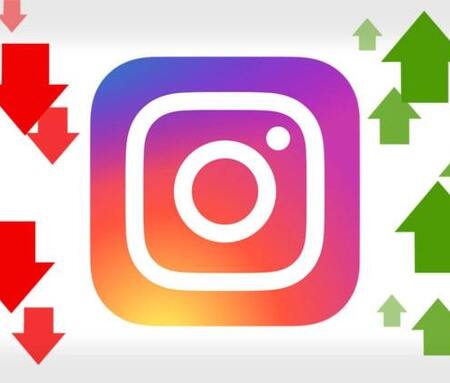Contact Us
Related Posts
Category

After June 30, 2021, Facebook Analytics will be inaccessible, giving marketers less than three months to export their data and find alternative solutions. Given how heavily marketers rely on Facebook Analytics to track conversions, this announcement comes as a surprise. Facebook Analytics will be phased out at the end of June, according to an official statement published on Facebook for the Business help center. Users who go to analytics.facebook.com are now redirected to the following announcement:
“After June 30, 2021, Facebook Analytics will be unavailable. Users will be able to access reports, export charts and tables, and explore insights until then. Click the arrow in the top-right corner of each chart or table to export data to a CSV file from Facebook Analytics on your desktop.”
The company gives no explanation for why it decided to shut down Facebook Analytics. Rather, it refers users to other Facebook business tools that aren’t exact 1:1 substitutes.
After the removal of Analytics, Facebook recommends the following business tools:
- Users can manage their Facebook and Instagram business accounts with Facebook Business Suite. Provides detailed information about a business’s audience, content, and trends (but is not available to everyone).
- Ads Manager allows businesses to view, edit, and track Facebook campaign and ad results.
- Events Manager can Assists users with the setup and management of Facebook business tools such as the Facebook pixel and Conversions API. Actions are taken on a business’s website, app, and physical store are also reported.
If marketers can learn to use a combination of the above tools, they may be able to complete the same tasks that they can in Facebook Analytics. Data from a Facebook page is linked to data from the Facebook pixel using Facebook Analytics. When the data is linked, Analytics can show a customer’s conversion path from engaging with a business’s content to making a purchase on Facebook.
With or without Facebook Analytics, tracking that data has recently become more difficult. This is due to an iOS 14 update that prompts users to choose whether or not they want their phone to be tracked by apps. If a user says they don’t want the Facebook app to track them, marketers won’t be able to get the same conversion data from the users as they could previously.
Again, Facebook has not provided an explanation for the shutdown of Analytics, so it’s unclear whether the decision is related to the iOS update. Facebook has lofty ambitions for Business Suite, aiming to make it the only interface businesses need to manage their Facebook, Instagram, and Messenger activity.
However, there is one drawback that Facebook Business Suite is currently only available to small businesses. Last year, when Facebook Business Suite was announced, the company stated that the tool would be available to businesses of all sizes by 2021.
Facebook still has to fulfill its promise or offer any update on its plans for a more comprehensive implementation of the tool. Perhaps before 30 June, an update will be available to the Facebook Business Suite.








































